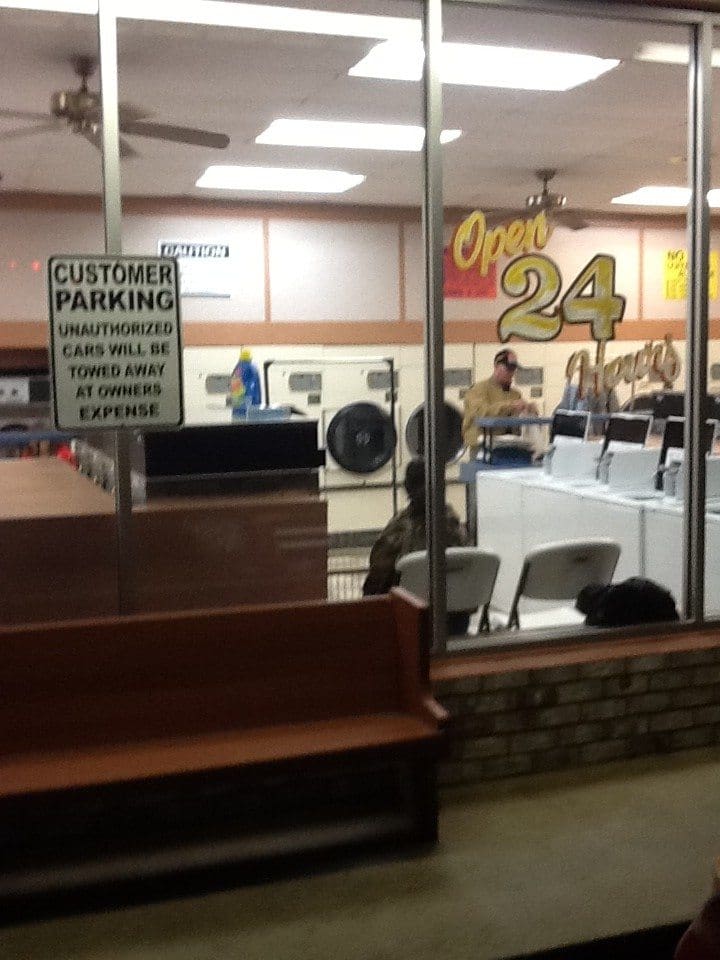
I don’t struggle with “no”. I find “no” easy, peasy and examples abound:
Do you want to go to the movies?
No.
Will you babysit my kids?
No.
Can you drive me to the airport?
No.
Will you be a part of our committee?
No.
But recently, I offered help, and someone told me, “Sure, and in addition to helping, you can also do this, this, this, and this, and I’m not going to lie, I felt taken advantage of, even if it was in the name of good.”
Now, my no’er must have been asleep because I neglected to say “no”.
Maybe I didn’t say “no” because I was taken by surprise or maybe I didn’t say “no” out of guilt, but regardless, I said nothing.
Instead, I grew resentful. I placed my resentment in a flowerpot, and I fed and watered it daily. Then, I made certain my resentment obtained enough sun to thrive. I even sprinkled it with fertilizer. Soon, my resentment took up so much space that it took over my back deck, and I regretted offering to help in the first place.
While we all desire to serve others, sometimes the most important word to consider is “no”.
What about you? Can you think of a time when your no-er broke and you ended up resenting your yes?




I hear you, Amy, only I’ve been just the opposite. I never had a “no-er”, what I needed was my “yes-er” to break. I didn’t really resent saying “yes”, but I was irritated at others who didn’t say “yes” too. In recent years, health issues have forced me to accept my limitations and learn to say “no” and that has given me a greater understanding and respect for those who learned this balance much earlier than I have.
Amy, I’ve spent so much time either resenting or feeling guilty that I have a new mantra: Be honest or Be generous. I’m either going to be honest and tell them “no”/tell them what I think (nicely, of course), or I’m going to be generous and do it without regret. It seems that everything I do in the middle leads to trouble.